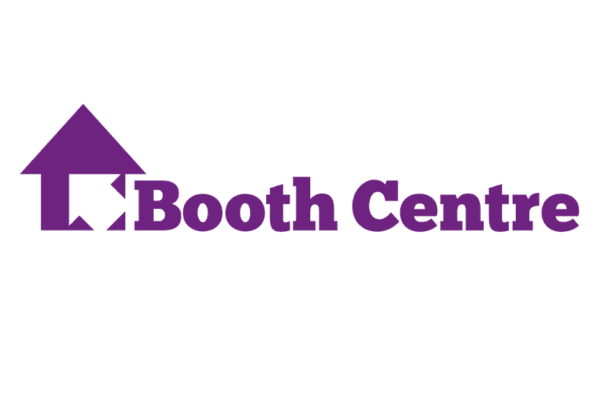
What Are the Best Methods to Build Consensus in the Sales Process?
After having our own version of Summer holidays for the month of August, our virtual meet-ups are BACK!
We’re so excited for our excellent attendees to share their advice, experiences and tips in the weeks to come. We kicked off our new ‘term’ on 10th September with the question – what are the best methods to build consensus in the sales process?
Is building consensus getting harder, if so, what’s changed?
Consensus is a complex issue and those complexities have only deepened in the current climate. One of our attendees found that the red tape for big transformative deals that was already wound tight has gotten tighter with companies being more cautious when it comes to taking risks. In situations Pre-Covid where achieving consensus could’ve meant that 60-70% of the key people agree, have changed to every single person has to be in agreement. There is more pushback than ever before – the 1 or 2 people on the periphery that are now finding reasons not to go ahead with the deal are influential in seeing the breakdown of deals. Any big change project is a gamble at the best of times and when the same money might not be coming into the business, the risks are heightened. Vendors are competing more than ever for a buyer’s budget – Calum Kilgour and John Bissett from Slingshot Edge advise that the best story will win. The champion has to step outside their usual role and become the salesperson to their team to explain why they think the company should make this deal – if the seller gives them a story that’s easy to repeat, captures the imagination, isn’t about the vendor, then it’s going to be much easier to pique the interest of the team with the benefits that the seller has covertly slipped into the story. More on how to use language and stories to build trust and empathy in next week’s meet-up! Register here: https://www.linkedin.com/events/usestoriestobuildtrust-rapport-empathy-languageyou/.
How do you identify the mobiliser/champion?
There is no framework to this – annoyingly enough it’s mostly intuition! Through having conversations and asking questions, the seller can gauge who is more senior and influential in the buying process group. However, don’t fall into the trap of assuming that the most senior person in the group is the most influential in the decision making. One of our attendees spoke about how they were working on a deal in which they could tell that the most influential person wasn’t the most senior – what they said carried a lot of weight, they were clearly invested in the deal and were motivated to drive change. In this case, it’s useful to get closer to these people and usually they will have more time to discuss than the more senior titles. Another person to look out for in the buying process is someone that is new to the business – new people are usually hired to affect change and they want to make sure they’re doing just that.
How are you building intimacy with customers and how does that help to build consensus?
Sometimes, to engage with someone on a personal level a bit of research goes a long way! Looking at their LinkedIn and having a bit of a social media stalk can help in getting to know their interests, hobbies, charity affiliations, etc. There’s a balance to this – you don’t want to go too Big Brother! Showing that you’ve taken the time to preemptively get to know them can be impressive and helps to drive personal conversation.
There’s also a strong correlation between having video on while on a call and success close rates. Without video being on, you can’t tell if someone is doing something else at the same time and having video on helps to have open conversations. It’s easy to say but the more you talk to someone and ‘virtually’ spend time with them, the more they are going to trust you. Salespeople that are genuinely interested in the person they’re speaking to will do well.
So, to summarise…
There are more people in the decision-making group than ever before, this we know. There is a much shorter window to impress and differentiate yourself from all the other sellers in the industry as the buyer has probably already done a vast amount of research. These days buyers prefer to research independently and will probably already created a shortlist with a sound idea of who the seller’s company is and what they want from the product.
There is a much higher proportion of millennials involved in the buying process than before and tapping into how they like to consume information such as videos, short bursts of information and infographics can aid in piquing their interest during the discovery process and in turn building consensus. It all boils down to discovery where deals are won and lost. Calum Kilgour shares a top tip for helping the seller in the discovery process – if the seller can get permission to record the conversation, it can be an incredibly helpful tool to listen back and pick up on things that were missed before.



